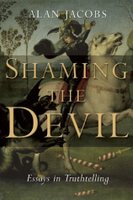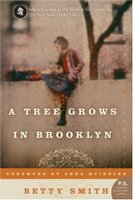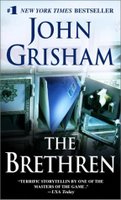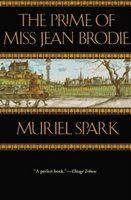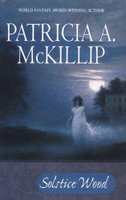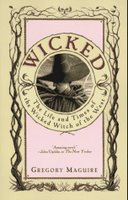Another collection of essays, this one loosely grouped by the idea of telling and seeking the truth. The first section of essays focuses on those who have devoted their lives to the pursuit of truth, the second section on thinkers who engage with important questions but don't necessarily always arrive at truth, and the last section considers the idea of "computer control." This book doesn't have any of the personal essays which I found so amusing and moving in Jacob's A Visit to Vanity Fair, and sometimes the connection with truthtelling seemed a little more tenuous than others, but the essays are always interesting and thought-provoking.
Among of the exemplars of the first section, I was most impressed with Jacob's portrayal of Auden, who rejected one of his earlier, and very popular, poems as "a resonant lie," and determines instead to seek truth in his writing. Jacobs has convinced me (yet again) that I need to read more Auden. Also interesting are the portrayals of Camus (more distinct from the other existentialists than I expected) and Solzhenitsyn, who saw himself called upon to bear witness to the terrible things he, for some reason, survived (what sacrifices should be made or demanded from others for the sake of great art?).
Among the "explorations," or those who fall short of truth telling and seeking, are Rousseau (who considered himself the "only honest man" and used this as an excuse for all kinds of incivility), Iris Murdoch (who writes of religious matters, but substitutes the Good for God), Wole Soyinka (whose brilliant writing has been forced by the political situation in his homeland into more polemical and less literary modes), and the fantasy author Philip Pullman of the His Dark Materials series.
I found Jacob's comparison of Rousseau with Voltaire quite enlightening-- particularly when he elaborates on why Rousseau's vision of humanity is the one that won out-- because it is so much more appealing. Rather than requiring hard work and discipline to fight corruption and return to innocence, one need only follow one's own heart to know what is right-- and any of failures are someone else's fault, because they have corrupted that original innocence.
The last section, on "computer control," is quite different from the essays-- and perhaps more interesting to me (although I was surprised at how engaged I was with the essays throughout) because of my own interests in technology. Jacobs chronicles his own engagement with computers, including his attempt to install and use the operating system Linux on his own. His attempts are quite interesting and sometimes comical, but he makes the somewhat surprising (and the very interesting) argument that the more smoothly a computer user's experience goes, the less they are in control-- because, if things go smoothly, it is the computer (or the logic embedded in the software by programmers) that is in control. Jacobs makes the counter-intuitive claim that resistance-- which a user encounters when the computer doesn't exactly do what they want-- is important, and even a virtue. One other detail I found interesting was the idea that the overriding metaphors we use for our computer interfaces (that of a desk, with files and folders) is not the only, and perhaps not the best, metaphor-- because (like any metaphor), it has limitations.
| Title: | Shaming the Devil: Essays in Truthtelling |
|---|---|
| Author: | Alan Jacobs |
| Date published: | 2004 |
| Genre: | Essays |
| Number of pages: | 231 |


